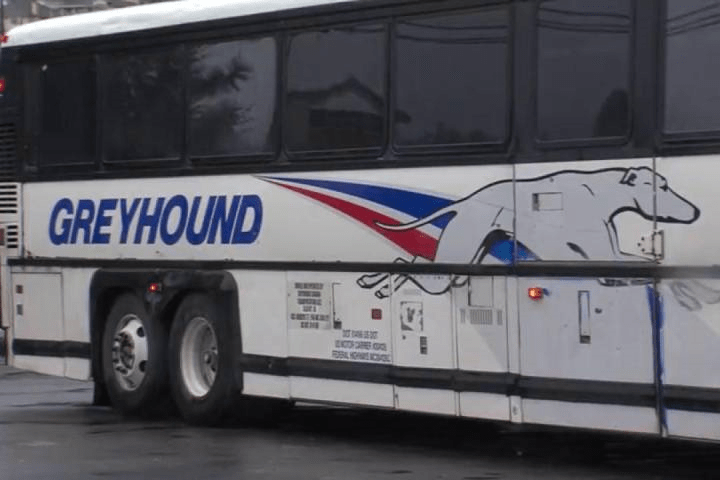Much of B.C. will soon be without a bus service and that’s alarming. But should the B.C. government step in and fill the looming void with a taxpayer-subsidized bus program?

It’s an option currently on the desk of Transportation Minister Claire Trevena and I think it should be carefully considered, and not dismissed out of hand.
Greyhound Canada has announced it is pulling out of western Canada by the end of October, citing dwindling ridership and therefore mounting financial losses as the chief reason for doing so.
Greyhound’s announcement kind of came as a shock, but it shouldn’t have been, given the company’s asking some months ago that it be absolved of its responsibility to operate money-losing northern routes in the province.
Hopefully, private bus companies sense an opportunity here and step in to fill the breach. And some undoubtedly will, but there will inevitably be a number of B.C. communities shut out of this new arrangement.
If so, should the B.C. government step in?
There is a persuasive argument that it should.
After all, it’s not like the B.C.government isn’t already in the transportation-subsidy game. In fact, far from it.

Get breaking National news
In this fiscal year, the government will give the B.C. Ferry system more than $221 million to subsidize its many money-losing routes (literally, only a couple are profitable). It will also give B.C. Transit more than $115 million to operate urban bus services in places like Victoria and Kelowna.
The government also spends billions of dollars in Metro Vancouver alone to build transit infrastructure. Its contributions to urban transit systems are gargantuan.
So it’s not a real stretch to think the B.C. government might dive in here. And the financial implications of doing so don’t seem particularly daunting.
WATCH: Coverage of Greyhound bus service on Globalnews.ca:
Greyhound says it is losing about $35,000 a day from its current operations. If the government were to absorb that kind of loss it would amount to almost $13 million annually — almost the same as the subsidy for the inland ferries, for God’s sake.
The bus service connects remote communities, and it connects people. I remember my wife being stranded in Regina in the aftermath of 9/11, desperately trying to get home for my father’s death at a time when planes were not flying for days.
She tells a remarkable story of bus passengers bonding and helping each other for days on end. It happens on buses more than on planes.
Folks living in rural communities need that bus just as much as those people living on the coast need their ferry service. The bus is the proverbial lifeline for many, and provides a safe and reliable service of something so many of us take for granted.
Of course, political considerations may be a factor. The NDP is largely shut out of bus service ridings, but four MLAs — Doug Donaldson, Michelle Mungall, Katrine Conroy and Jennifer Rice —represent rural ridings that are hurt by the cuts.
I predict Trevena will do the right thing here and protect so many rural communities if the private sector doesn’t step up to the plate.
In other words, she won’t throw them under the bus. Well, here’s hoping.
Keith Baldrey is chief political correspondent for Global B.C. This is reprinted from his weekly column with Glacier Media.















Comments
Want to discuss? Please read our Commenting Policy first.